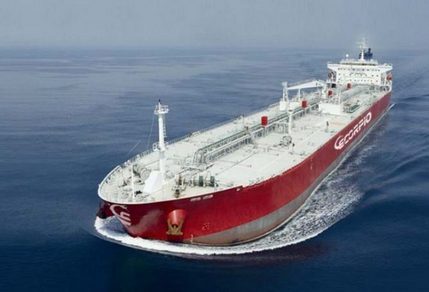Monaco-headquartered Scorpio Tankers has added 19 vessels to its fleet in a deal with Trafigura Maritime Logistics. The 19 vessels, all fitted with scrubbers, are made up of 15 Hyundai Vinashin MR product tankers and four New Times-built LR2 product tankers. Fifteen of the tankers are currently on the water (2019-built), while four of the MRs are set for delivery in 2020.
Scorpio Tankers will assume the eight-year finance lease arrangement (which includes purchase options) worth $668m and issue approximately 4.7 million shares to Trafigura, valuing the deal at $803 million. Scorpio Tankers also sealed private placements with Trafigura for a total of $50 million. Trafigura will own around 10 percent of the ordinary shares of Scorpio Tankers when the transactions are completed.
Rasmus Bach Nielsen, global head of wet freight at Trafigura, commented: “Trafigura enjoys a close working relationship with Scorpio Tankers, a company that we consider to be very well run. Today’s decision completes a strategic decision to crystalize financial benefits now and to move long term leasing obligations into leading shipping equities, a place where we see significantly more value and upside potential in the period ahead. We are delighted that through these agreements Trafigura has become a significant shareholder in Scorpio Tankers. In our view, minimal supply growth and an expected demand spike through oil market disruption and bunkering inefficiencies, are making product tanker market fundamentals look healthier than we’ve seen for many years.”
Emanuele Lauro, chief executive officer of Scorpio Tankers, said: “This transaction represents a close alignment between Scorpio and Trafigura, a strategic customer and now a valued shareholder. We share common beliefs in quality assets, quality service, and most importantly, the favorable fundamentals currently unfolding in the product tanker market. This fleet of 19 ultra-modern product tankers is a singular opportunity in an otherwise diminished global order book.mThe average age of our fleet will be reducing (from 4.1 to 3.7 years) and our fuel efficiency increasing. At the same time, IMO 2020 and other demand drivers are set to increase ton-mile demand significantly over the coming months.”
ORIGINAL SOURCE: various, including splash247.com


